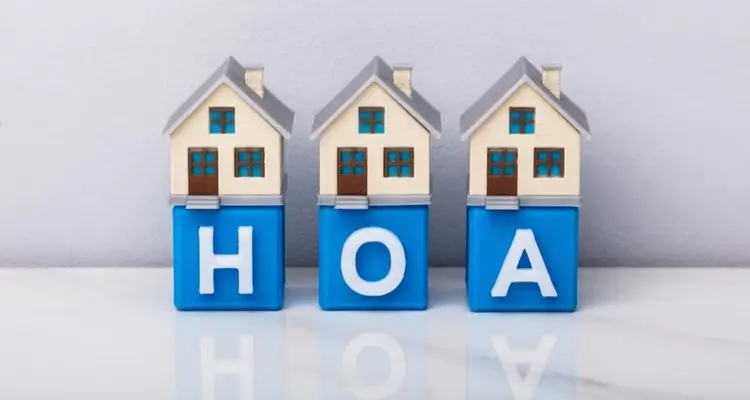
If you have equity in your home you may be able to turn your home equity into cash with an FHA cash-out refinance.
This article takes a look at FHA cash-out refinance loan requirements, rates, and benefits.
Rate Search: Check Today’s Refinance Rates
FHA Cash-Out Refinance Rates
FHA rates are even lower than conventional mortgage rates. According to Ellie Mae, FHA rates are 10 to 15 basis points lower than conventional loan rates.
Cash-Out Refinance Rates (Novermber 2020) | ||
Loan Term | Interest rate | APR |
30-year fixed-rate mortgage | 3.86% | 4.12% |
15-year fixed-rate mortgage | 3.56% | 3.89% |
5/1 adjustable-rate mortgage | 3.72% | 4.34% |
FHA Cash-Out Refinance Requirements
FHA loans require a 580 credit score in order to qualify for the 3.5% down payment. The credit requirement for FHA cash-out refinancing is the same, however, some lenders prefer FHA borrowers to have a 620 score to qualify.
You must occupy the home as your primary residence and be current on your mortgage payments with no late payments in the past 12 months to be eligible.
FHA cash-out refinancing is for borrowers with any type of home loan. You do not need to currently have an FHA loan to qualify for the FHA cash-out refinance loan program. You must be current on your mortgage payments and have no late payments in the past 12 months.
- Minimum 580-620 credit score
- Must wait 12 months since closing on your home
- At least 30% equity in the home
- Available for primary residences only
- No mortgage late payments in the past 12 months
How Much Can You Borrow
An FHA cash-out refinance allows you to borrow up to a maximum loan-to-value ratio of 80%.
For example: If your home’s market value is $200,000 and you owe $100,000 you will be able to get a cash-out refinance up to $160,000 which means you can put up to $60,000 cash in your pocket, minus closing costs.
Current Home Value | $200,000 |
Current Loan Principle Balance | $100,000 |
New Loan (max 80% market value) | $160,000 |
Payoff Current Loan | -$100,000 |
Subtract Closing Costs | -$4,500 |
Max Cash-Out Amount | $55,500 |
You need at least a 30% equity stake in your home for a cash-out refinance to be an option. If you do not have at least 30% in equity then cash-out refinancing won’t make any sense cause you can only borrow up to 80% of the home’s market value.
Disadvantages of FHA Cash-Out Refinancing
Mortgage Insurance
FHA mortgage insurance premiums are the main drawback of getting an FHA cash-out refinance. FHA loans require a mortgage insurance premium of .80% of the loan amount annually. While conventional loans don’t require any mortgage insurance with an LTV ratio of 80% or lower, FHA loans require MIP regardless of the LTV ratio.
Ideally, if you have an FHA loan with an LTV ratio of less than 80% you would refinance out of FHA and into a conventional loan to be able to remove mortgage insurance.
Upfront Mortgage Insurance
In addition to the annual mortgage insurance premium, FHA loans also require an upfront MIP payment of 1.75% of the loan amount.
Frequently Asked Questions
How soon can you refinance out of an FHA loan?
You must wait 12 months from the date of closing on your FHA loan before you are eligible for an FHA cash-out refinance loan.
What is the maximum loan to value for FHA cash-out refinances?
The maximum LTV ratio for an FHA cash-out refinance loan is 80%. FHA changed the max LTV ratio from 85% to 80% in 2019.
What credit score is needed for an FHA cash-out refinance?
Technically, you could be eligible for an FHA cash-out refinance with a 500 credit score. However, most lenders require at least a 580-620 credit score.



